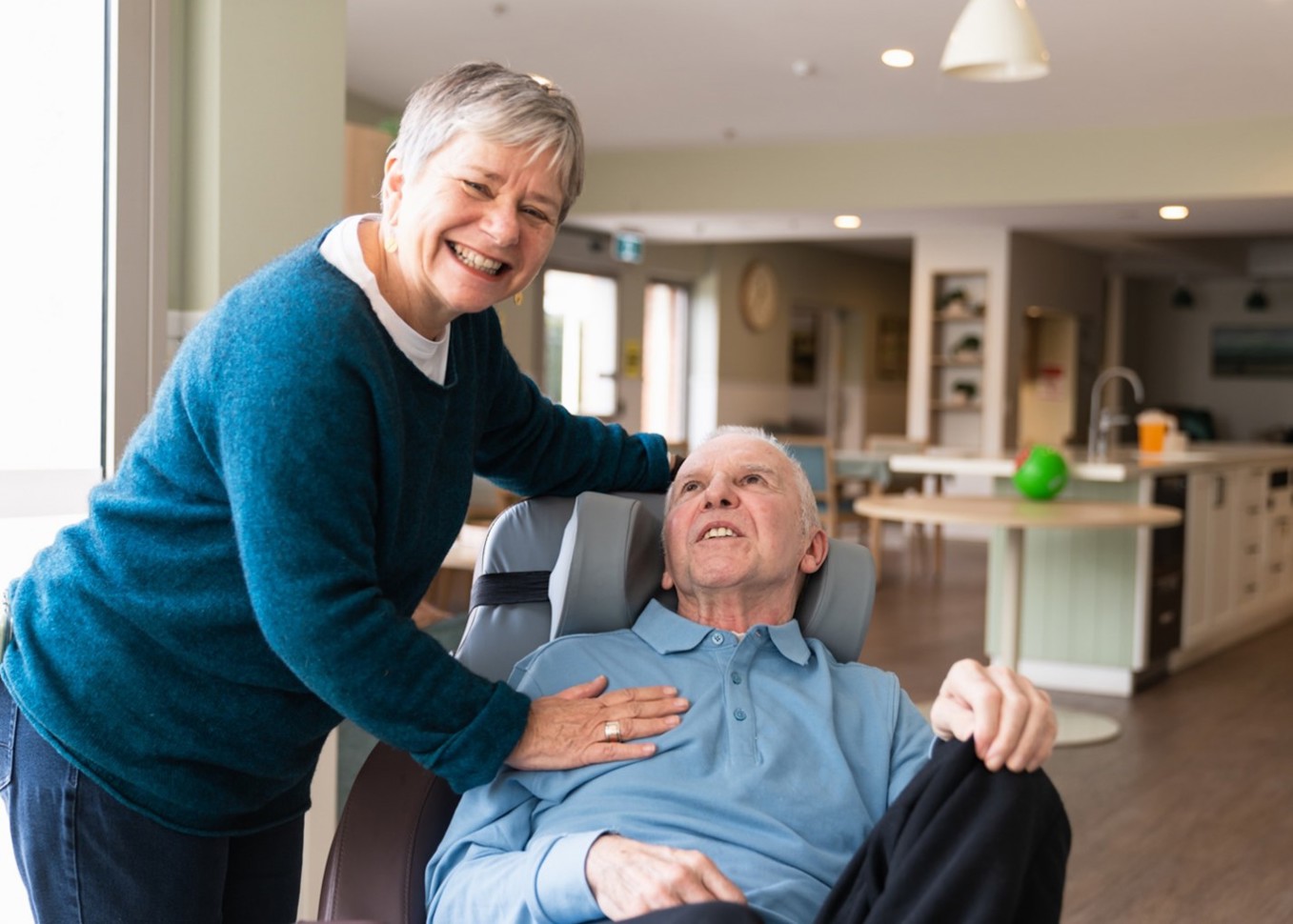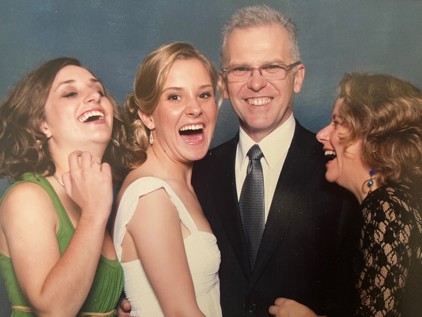Dementia Action Week: something Australia has every right to be proud of
19/09/2024

The Australia Government funds operators to create specalised dementia care units to supports people with very severe behavioural and psychological symptoms of dementia who cannot be cared for in a mainstream residential aged care facility.
There are 23 specialised dementia care units approved in Australia, with the Government committed to funding 35.
With September 16-22 marking Dementia Action Week, the family of a man living with dementia is calling for more specialised dementia care units to help improve individuals’ wellbeing and slow progression of the disease.
Bernie Desormeaux, aged 74, was diagnosed with dementia 10 years ago. From the beginning, his loving family – partner Amelia, daughters Lilly and Olivia, and mother-in-law Mary – struggled to find the support he and the family needed.

"It was a difficult journey. Not just the financial constraints and administrative burdens of navigating a very complicated system, but also the emotional toll," said his daughter Lilly.
“Our hearts go out to anyone struggling with the complexity of the system and those without the resources that we luckily accessed.”
After numerous stays in residential aged care homes that didn’t suit Bernie’s needs, his health suffered.
The family contacted Dementia Australia and their recommendation to the award-winning specialised dementia unit, Lady Lourdes House, part of St Bernadette’s Aged Care Residence in Sunshine North, run for-purpose aged and disability services organisation VMCH.
The home is purpose-designed for up to nine residents who experience very severe symptoms of dementia. Residents are offered up to 12 months’ intensive, supportive care to help them manage their symptoms so they can transition into mainstream aged care.
Lady Lourdes is one of only three SDCP’s in Victoria, and only 10 in the country.
Since it opened in 2020, the team has cared for 21 residents and successfully transitioned 11 to its mainstream residence, including Bernie.
“There was a quietening of demeanour, less anxiety; we felt he relaxed,” says Amelia.
“Physically he improved, putting on weight. The relationships staff build with the families, the gentleness and empathy that they show to the residents and to us, is just extraordinary.”
VMCH Lady Lourdes Unit Coordinator Sue Adhikari says staff are highly trained and have ongoing education with Dementia Training Australia.
“We utilise non-pharmacological interventions as a first line of action and work on minimising people’s triggers to help manage behavioral and psychological symptoms of dementia. Ultimately, our success lies in giving residents time and maintaining a consistent approach with a familiar face. We provide them with person-centered care and treat everybody as unique individuals.”
What a great initiative.














